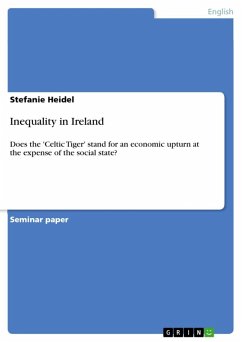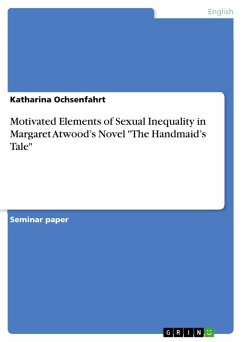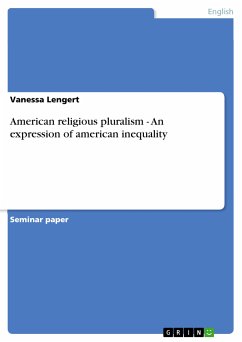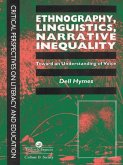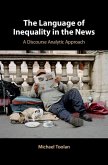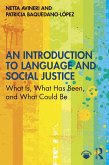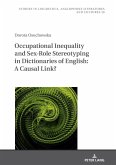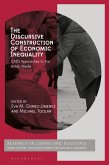Seminar paper from the year 2009 in the subject English Language and Literature Studies - Culture and Applied Geography, grade: 30 e lode, University of Modena e Reggio Emilia (Facoltà di Lettere e Filosofia), course: Storia Economica, language: English, abstract: Ireland, also known as the Green Isle, is known for its sheep, wide meadows, and its mystical stories as well as for their hard-drinking men. For the rest of the world Ireland always was a kind of magic place, although their real history was never a fairy tale. Suppressed (with intermissions) by the English since the end of the 12th century, Ireland had to face many strokes of faith. They were persecuted and punished because of their religion; their land was dispossessed by the English landlords and during the Great Famine in the 1840s a million Irish people should have died. (cf. Donelly, Jim, p. 1) However, in the first half of the 20th century their fight for independence was rewarded and Ireland became a Republic. Even though, the development of an autonomous economy was no bed of roses for the newly founded Republic. In the 1950s a change in the economic policy made Ireland's economy more liberal and open-minded to foreign investment. (cf. Kirby, p.12) Nevertheless, groundbreaking success failed to appear. As late as in the end of the 1980s Ireland's successful story got going. From then on a rapid growth in economy took place and soon the Green Isle grew from a "Third-World-Country-in-Europe" to one of the wealthiest on the continent. Due to the just mentioned facts, Ireland was at the end of the 1990s in a fortunate position and a rich and productive country.......
Dieser Download kann aus rechtlichen Gründen nur mit Rechnungsadresse in A, B, BG, CY, CZ, D, DK, EW, E, FIN, F, GR, HR, H, IRL, I, LT, L, LR, M, NL, PL, P, R, S, SLO, SK ausgeliefert werden.

